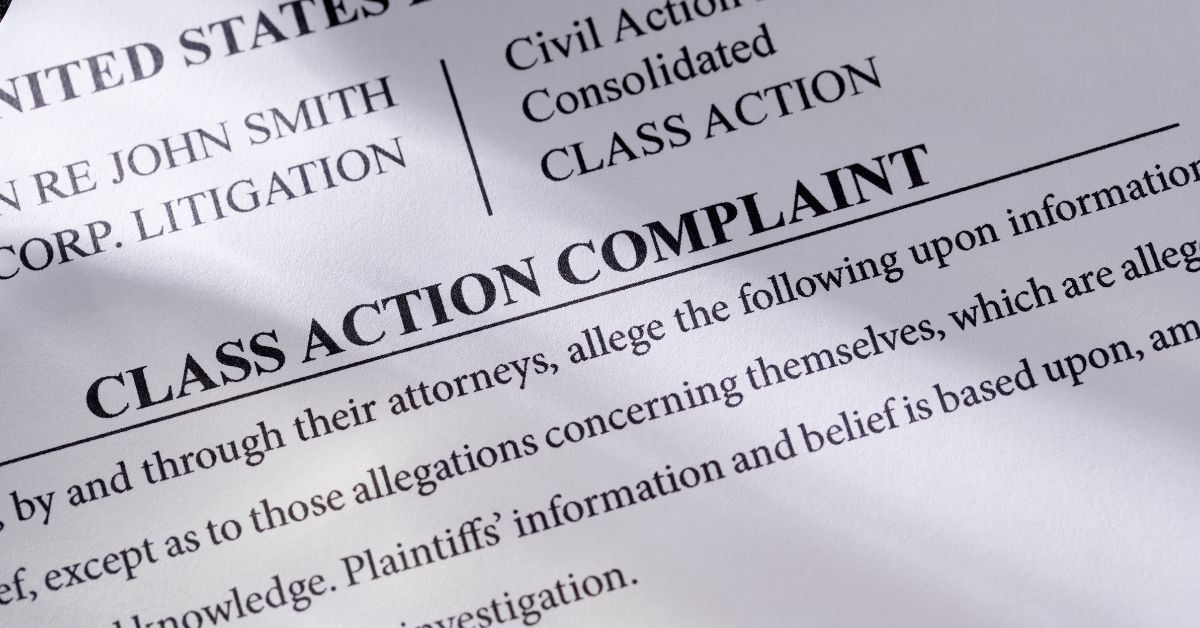How Often Should I Hear From My Workers’ Comp Attorney
How Often Should I Hear From My Workers’ Comp Attorney Deciding When to Seek Legal Assistance for Your Workers’ Compensation Claim If you’ve suffered a workplace injury, you might be wondering if and when you should hire a workers’ comp attorney. The uncertainty surrounding your injury and the claims process can be overwhelming. In this guide, we’ll address your questions and concerns about hiring a workers’ compensation attorney.
When and Why You Should Consider a Workers’ Comp Attorney
The workers’ compensation system is designed to provide wage loss benefits and medical coverage to injured employees while protecting employers from lawsuits. While the system is in place to help injured workers, there are situations where having an attorney can be essential:
1. Pre-Existing Condition: If you have a pre-existing health condition, employers or insurance companies might use it as a reason to deny your benefits. An attorney can help establish that your injury is work-related.
2. Employer Denial: If your employer disputes that your injury occurred at work or as a result of your job, an attorney can prove the connection and secure your rightful benefits.
3. Benefit Denial or Delay: Sometimes, benefits are denied or delayed. An attorney can guide you through the appeal process and gather necessary medical documents to support your claim.
4. Insufficient Coverage: If your benefits don’t cover all your medical bills and lost wages or are incorrectly calculated, an attorney can ensure you receive the appropriate compensation.
5. Severe or Permanent Injury: For long-term or permanent injuries, employers or insurers might resist paying substantial costs. An attorney can work to secure the extended benefits you deserve.
6. Third-Party Claims: In certain cases, you might have a claim against a third party, such as a product manufacturer. An attorney can help you pursue civil claims for maximum compensation.
7. Workplace Retaliation: If you face workplace retaliation for filing a workers’ compensation claim, an attorney can protect your rights and fight against employer misconduct.
8. Disagreement About Return to Work: If your employer insists you can return to work when you can’t, an attorney can provide evidence of your medical condition to protect your benefits.
9. Coverage Dispute: Some workers may not qualify for workers’ compensation. An attorney can evaluate your employment status and determine if you’re eligible for benefits.
10. Lack of Workers’ Comp Insurance: If your employer fails to provide required workers’ compensation insurance, an attorney can explore alternative options for compensation.
11. Unfamiliarity with the Process: Workers’ compensation can be complex, and an attorney can help you navigate forms, rights, and settlement negotiations.
12. Fraud Allegations: If accused of fraud, even when legitimately injured, an attorney can defend your claim and ensure you receive rightful benefits.
13. Disputes with Workers’ Comp Division: When your employer or insurer disputes decisions made by the workers’ compensation division, an attorney can help protect your benefits.
14. Request for Evaluation: If your employer requests an evaluation (IME) after benefits approval, an attorney can ensure your benefits aren’t unfairly reduced or terminated.
15. Hasty Return to Work: If a doctor clears you for work too quickly, putting your claim at risk, an attorney can help you seek a second opinion or a more suitable arrangement.
16. Protecting Your Claim: Seemingly minor incidents like social media posts can harm your claim. An attorney can advise you on how to strengthen your case.
17. Doctor Choice Confusion: Understanding which doctor to see can be confusing. An attorney can clarify if you must see an approved provider or have more options.
18. Gradual Symptom Development: Some injuries develop symptoms over time, making it harder to prove their work-related nature. An attorney can ensure proper evaluation.
19. Medicare Eligibility: If you’re eligible for Medicare, an attorney can guide you through Workers’ Compensation Medicare Set-Aside Arrangements (WCMSA) to protect your future medical costs.
20. Long-Term Medical Treatment: For injuries requiring lifetime care, an attorney can assess your case and secure compensation for current and future medical expenses.
21. Hard-to-Quantify Injuries: Injuries that are difficult to quantify medically can be challenging to prove. An attorney can arrange specialist evaluations for compelling evidence.
Is a Workers’ Comp Attorney Necessary?
While hiring an attorney is a personal choice, Pennsylvania’s workers’ compensation process is complex. An attorney can provide reassurance and expertise, helping you navigate the claims process and secure the compensation you deserve. It’s advisable to consult an attorney if you have questions or concerns about your claim.
What Does a Pennsylvania Workers’ Compensation Attorney Do?
If you face any of the situations mentioned above, a workers’ compensation attorney can:
- Gather evidence to prove the work-related nature of your injury.
- Secure necessary medical documentation.
- Guide you through the claims process.
- Ensure correct and timely paperwork submission.
- Clarify which doctors to visit.
- Answer questions about the process.
- Advocate for you in case of denial or delay.
- Prepare you for discussions with insurers or court appearances.
- Evaluate the worth of your claim and assess settlement offers.
- Counter evidence presented by employer-approved medical professionals.
In essence, a Pennsylvania workers’ compensation attorney represents your interests, helping you avoid common pitfalls in the claims process and maximize your chances of fair compensation.
Read More : Why Would I Receive A Letter From Harris County Attorney
Costs of Hiring a Workers’ Compensation Lawyer in Pennsylvania
When working with a workers’ compensation attorney, fees are typically a percentage of the benefits recovered, ensuring you never pay more than what you receive. The fees are contingent on results, meaning you only pay if your case is successful. You won’t incur case management costs or upfront fees, and your attorney can provide ongoing advice without additional charges.
Read More : Why Would A District Attorney Be Looking For Me
Conclusion
If you’re uncertain about your workers’ compensation claim or when to hire an attorney, seeking legal advice is a wise step. A consultation with a certified Pennsylvania workers’ compensation specialist can provide you with personalized answers and help you understand your options. Remember that having an attorney can level the playing field when dealing with insurance companies and employers, ensuring you receive the guidance and support needed for a successful claim.





